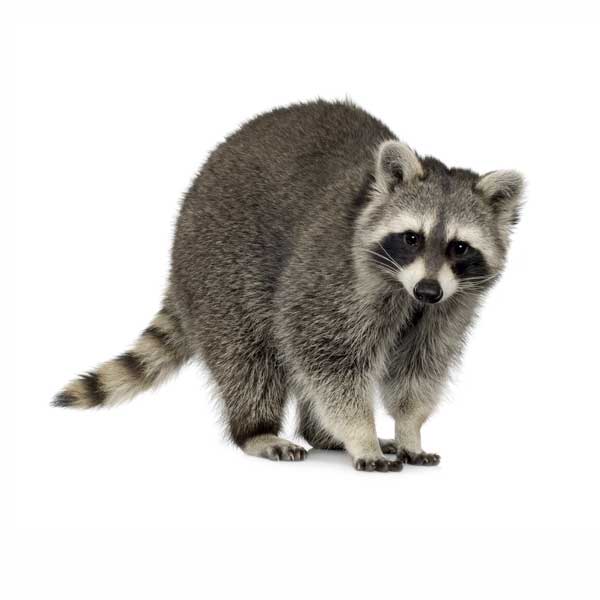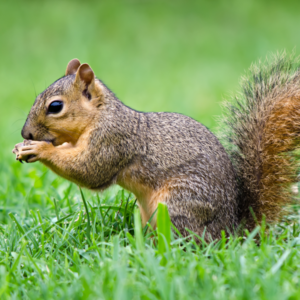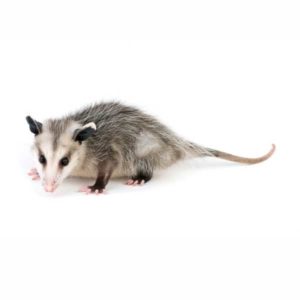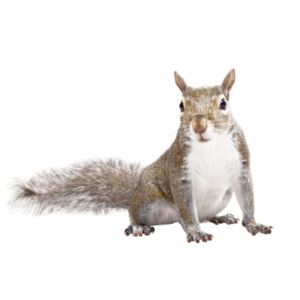Raccoons in Atlanta, GA
Raccoons are easily recognizable for their distinct appearance, featuring a black mask-like marking around their eyes, gray fur with hints of brown, and their bushy ringed tails. Their dexterous front paws resemble human hands, allowing them to manipulate objects and forage for food effectively. These nocturnal creatures are highly adaptable and are found throughout North America, known for their intelligence and problem-solving abilities. Omnivorous by nature, raccoons have a varied diet that includes fruits, nuts, insects, small mammals, eggs, and even human garbage.
Raccoon Habitat
Raccoons are commonly found in a wide range of environments, including forests, wooded areas, marshes, and urban settings. Their adaptability allows them to thrive in both rural and urban landscapes, making use of various shelters for nesting and denning. Raccoons seek out dens in tree hollows, abandoned burrows, rock crevices, and even man-made structures like attics, chimneys, or sheds. They are excellent climbers and can scale trees and structures effortlessly, aiding their search for food and safe shelter. Water proximity is also attractive to raccoons, as they are adept swimmers and may inhabit areas near streams, ponds, or marshes.
Raccoon Behaviors, Threats, or Dangers
While they are not typically aggressive, raccoons might defend themselves if they feel threatened or cornered, using their sharp teeth and claws. Moreover, raccoons can carry various diseases and parasites, including rabies, leptospirosis, roundworm, and fleas, which can be transmitted to humans or pets through bites, scratches, or contact with their feces. Their scavenging nature often leads them to raid garbage bins, potentially causing a mess and spreading diseases. Additionally, their habit of taking shelter in attics or chimneys of homes can result in property damage, as they may tear insulation, chew through wires, or damage roofing. If you come across raccoons on your property, it’s crucial to contact a licensed wildlife removal company for help. Do not attempt to approach the raccoon on your own; doing so could endanger your health or safety.




